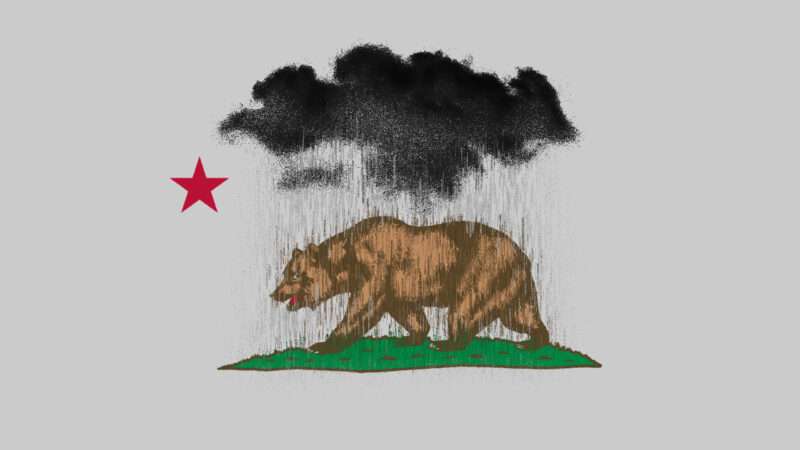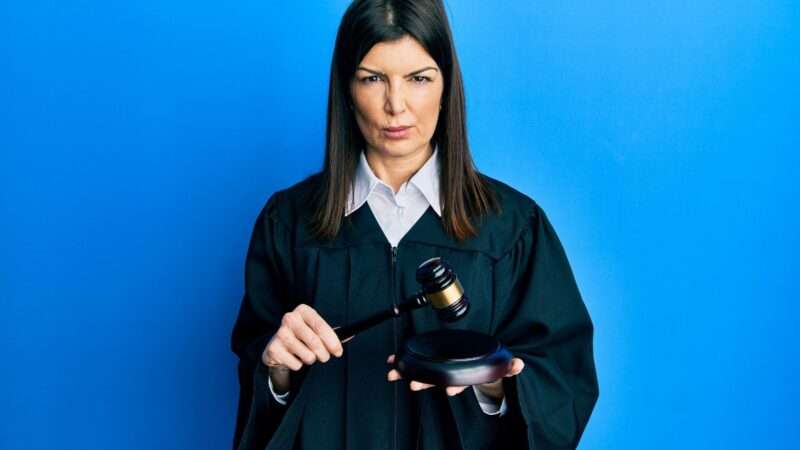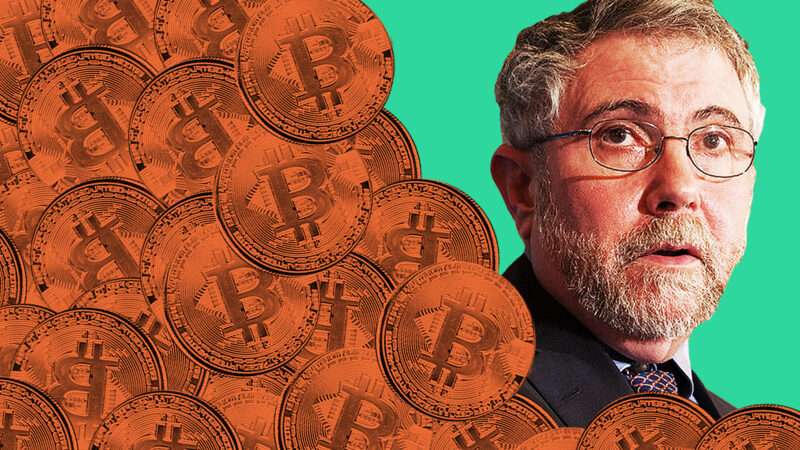
Chatter about the “California Dream” has always been hyperbolic, but there’s little question that our culture here is less tied to fussy traditions than any other place in the country. Writers have waxed poetic about that dream for 170 years—and one can find endless essays that alternately promote or debunk the Golden State as a mythical land of opportunity.
The notion, of course, started in the Gold Rush. “The promise of wealth forever altered the life expectations of the hundreds of thousands of people who flooded California in 1849 and the decade that followed,” PBS explained. The idea that one could achieve instant wealth morphed into a less-exciting reality, it noted, where it became tough to find gold and miners ended up working hard-labor jobs for mining corporations.
The California Dream mythology received new life in the 1950s, where “fawning coverage in national magazines and TV ads featured sun-kissed couples playing tennis and cruising in their spectacularly finned sports cars on freeways that paralleled the shimmering Pacific waves,” Boom‘s Rebecca Robinson wrote in a review of Kevin Starr’s history books. Plenty of writers have detailed the not-so-shocking alternative world of traffic jams and poverty.
Even Starr shifted between gauzy prose and pessimistic reflection, but best-captured reality in his one-volume history of the state: “There has always been something slightly bipolar about California. It was either utopia or dystopia, a dream or a nightmare, a hope or a broken promise—and too infrequently anything in between.” When it comes to California, it’s not always easy to find balanced observations.
Here we are again, as the battle over California rages in the context of our divided national politics. Obviously, California is a progressive state where Democratic officials use it as a laboratory for their environmental and social-welfare nostrums. Many of their ideas hope to prod the rest of the country in our direction. They’ve gotten new life in a Biden administration that’s filled with Californians—and plenty of pushback.
“Unless you’ve been hiding under a rock for the last few years, you’ve probably noticed that conservatives hate California,” wrote Max Taves in The Sacramento Bee. “(A)s they portray it, the Golden State is a Banana Republic. It’s a violent, poverty-stricken homeless infernal dystopia overrun by MS-13 and misled by incompetent criminal-coddling politicians whose radical, immigrant-loving, left-wing agenda is horrible for businesses, which are leaving the state in droves.”
Certainly, conservatives and libertarians—including this writer—have spent a lot of time dissing California’s public policies. I take issue with some of the conservative attacks on the state because they often fail to make necessary distinctions and paint with too broad of a brush. California’s problems are indeed daunting, but even troubled San Francisco is still a lovely city. It seems as if many of these critics haven’t spent much time here.
Nevertheless, Taves echoes the clichés of lefty writers who insist that California is a model for the nation: “But the fact that we attract more capital, create more wealth, take home higher incomes, have safer streets, die less on the job and live longer contradicts everything GOP orthodoxy predicts,” he insists in his own cherry picking of the data.
Some people are oblivious to the word “despite.” Sorry, but many of us who criticize California’s political approach are not California haters. We love the place and it breaks our heart to see its decline. We live here and have raised families here, but are dismayed at the direction that our policymakers have been taking. There are plenty of statistics to bolster our concerns.
California has the highest poverty rates in the nation. The population has been slowing for years and now is falling. Taves needn’t take our word for it, but can check the U.S. Census Bureau’s cost-of-living-adjusted poverty statistics and the state Department of Finance’s latest population numbers. Businesses really are leaving amid crushing tax burdens and regulations—including the tech firms that skew our higher-than-average personal incomes.
I’m not a Republican and certainly don’t subscribe to its orthodoxies, but it’s hard to see how our median-home prices—more than $758,000 statewide and $1.3-million in the Bay Area—advance the public’s well-being. By almost any measure, California’s public schools are performing poorly and our transportation system remains overburdened.
Crime rates aren’t as bad as some other states, but are climbing. Our homelessness crisis is severe. Our elected officials have no solutions beyond spending more money. It doesn’t please me to point out these verifiable facts because, contra Taves, I’m not a California hater. I’d love to see Americans drawn to Los Angeles rather than Dallas.
Sure, it’s foolhardy to promote a California Dream that’s more myth than reality and critics are wrong to paint the state as a dystopia. But the state needs to do a lot better. No amount of California boosterism will hide that fact.
This column was first published by The Orange County Register.
from Latest – Reason.com https://ift.tt/3gcn1Op
via IFTTT




